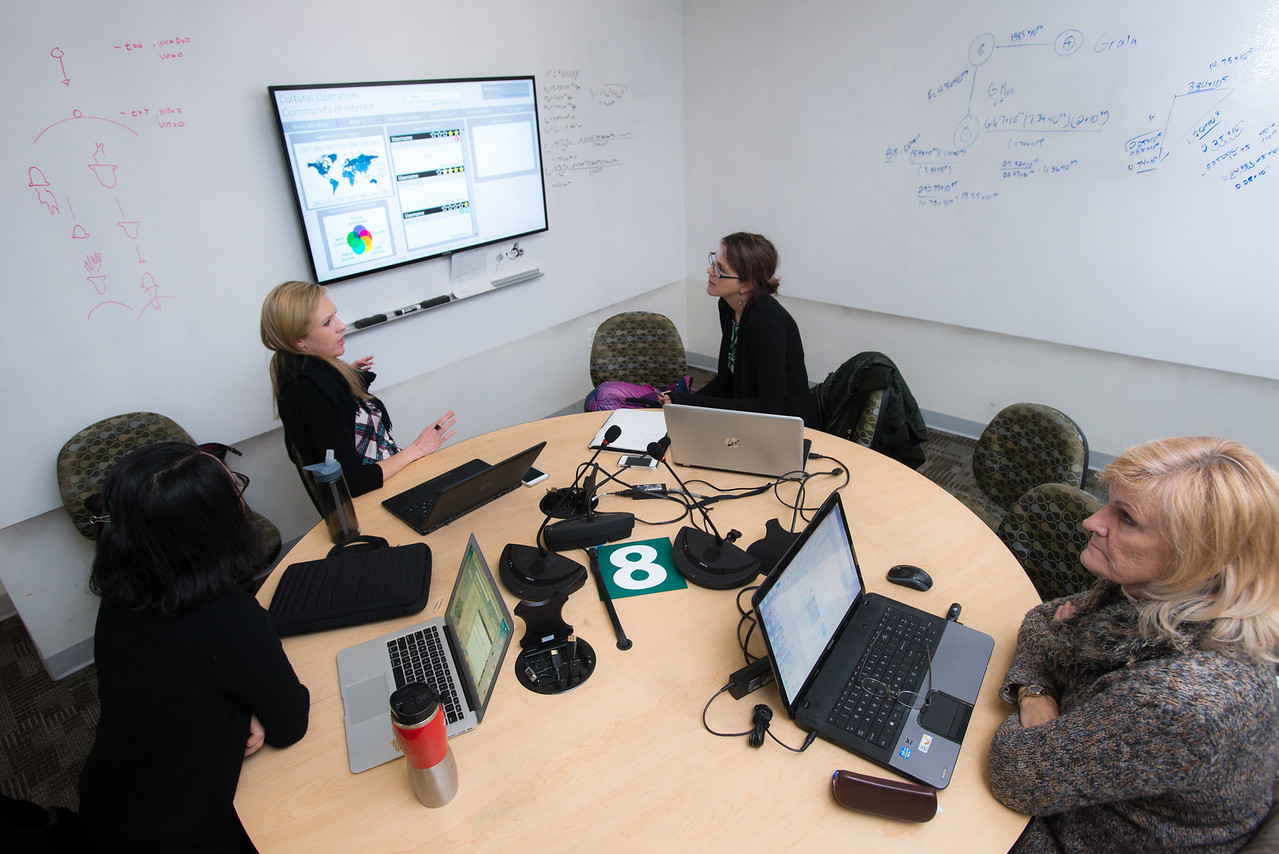Princeton University paid a penalty of $54,000 after voluntarily disclosing to the Federal Government’s Bureau of Industry and Security (BIS) 37 occasions where it exported various genetic elements of animal pathogens without required export licenses.
Princeton’s unauthorized shipments occurred between November 2013 and March 2018, and involved the export of strains and recombinant materials to research institutions in Australia, Canada, China, India, Singapore, South Korea, and the U.K. These items were controlled for Chemical and Biological Weapons reasons, and had a total value of approximately $27,000.
In addition to the financial penalty, Princeton is also required both to complete an internal export compliance audit and to hire an independent consultant at the University’s expense to conduct an external audit. The university must report the results of these audits (including any actual or potential violations of the Export Administration Regulations) to BIS.
Princeton reportedly discovered these potential violations, voluntarily disclosed the information to BIS, and cooperated with all matters of the investigation to resolve the violation. A press statement by BIS noted that self disclosure helps mitigate the penalties imposed when violations have occurred.










